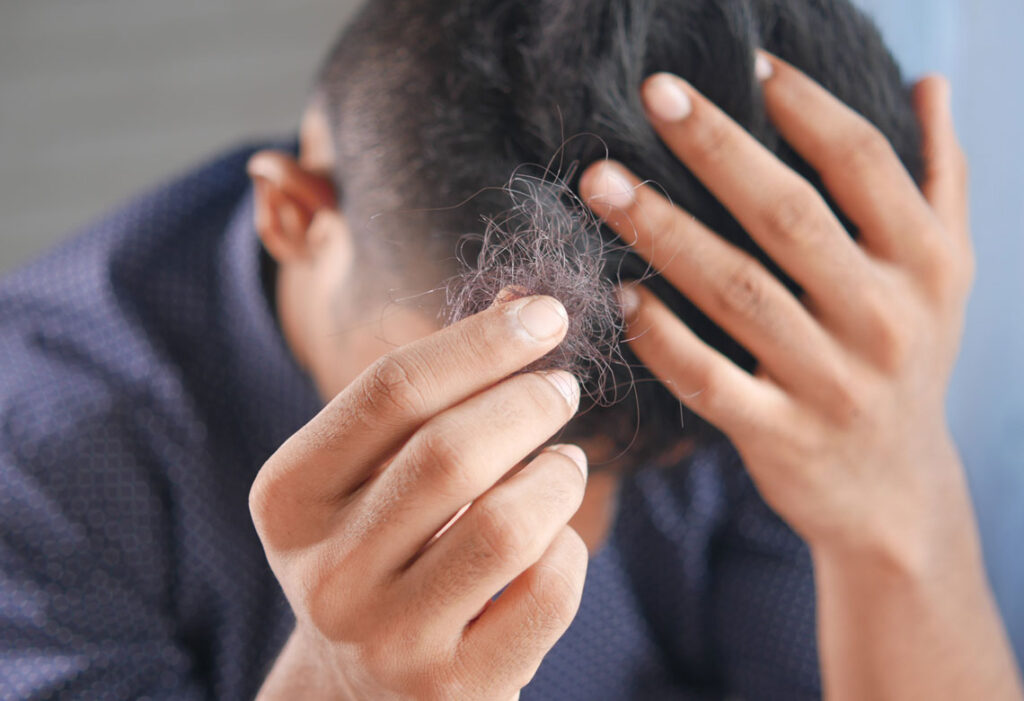
Alopecia Areata is a common autoimmune disorder that often results in unpredictable hair loss.
As a parent, you want to protect your child from harm and hardship. That’s why a diagnosis of alopecia area can be just as, or perhaps even more, upsetting for the parents as it is for the child.
Parents of children with alopecia say they feel guilty that they may have contributed to their child’s disease by passing on the “wrong” genes.
They also report feeling helpless that they cannot stop the progression of hair loss or ease their child’s emotional pain. Siblings and other family members may feel shame and anger at how the disease has affected their lives.
For anyone parenting a child with a chronic disease, the American Psychological Association says it’s important keep the following in mind;
- Try not to be overprotective or overly permissive with your child
- Build a support network to manage your own stress and sadness
- Speak to your child directly and frankly about his or her alopecia
- Encourage your child to talk to you about his or her feelings living with alopecia
Remember, the best thing you can do as a parent with a child with alopecia is be informed and help your child be informed, too.
This means learning all you can about the condition, its impact on emotional health, how chronic disease affects a family and what tools and support are available to your child and as well as yourself.
Managing your child's emotional health
Children with alopecia may feel “different” and become socially isolated and overprotected. They may experience fear and frustration related to their condition.
Or they may be angry or upset that they “got” alopecia. If these feelings are not managed, they can lead to anxiety, sadness, and withdrawal from loved ones or rebelliousness.
“Alopecia areata is a pain-causing problem,” says Richard M. Long, Ed.D., an expert on alopecia areata and mental health and a long-time advisor to the National Alopecia Areata Foundation.
“It’s one of the many pain-causing problems your child will face over his or her lifetime. Use this opportunity to help build resilience in your child by teaching them how to adapt to adversity, deal with trauma and manage stress.”
Resources
Places in Cork: The Wig Clinic Cork:
Address: 133 Barrack St, The Lough, Cork, T12 EWT4
Phone: (021) 431 8468
Websites:
Book Recommendations
- Hello My Name is Jenny: I have Alopecia by Jennifer Thomas West
- Where’s Your Hair, Hannah? by Hannah Catherine Green
- Alopecia Areata: Understanding and Coping with Hair Loss by Wendy Thompson (author), Jerry Shapiro (author)
